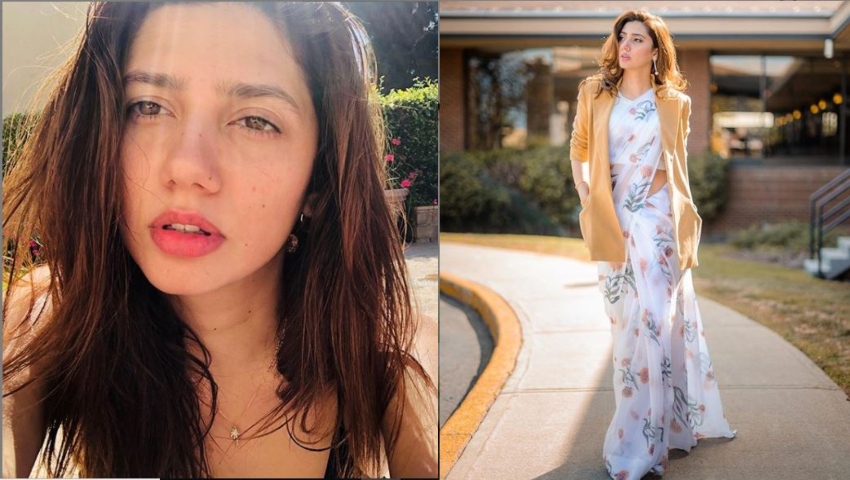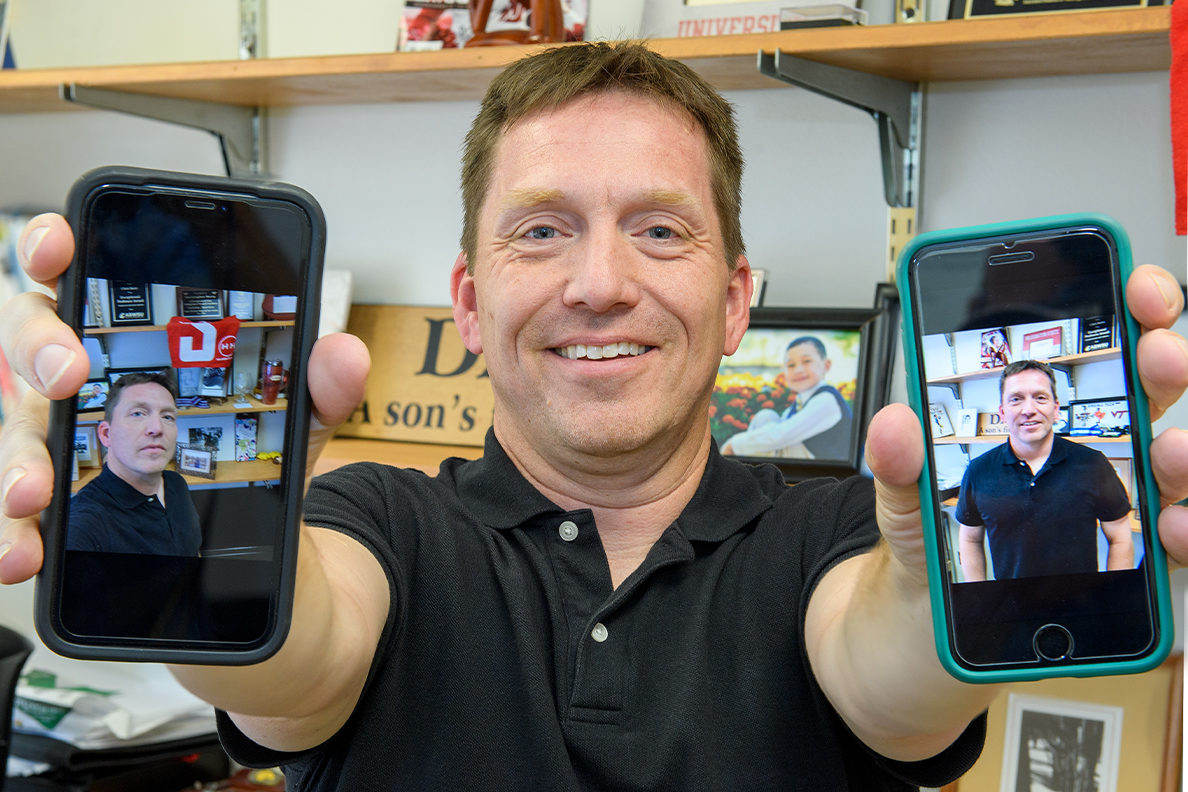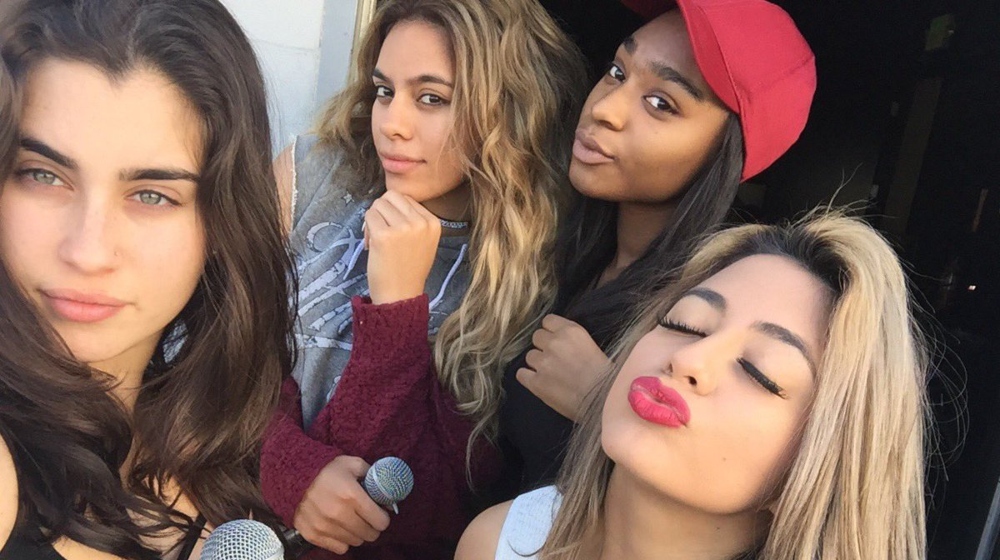Those selfies are getting you fewer fans on Instagram but maybe more followers? That’s what Washington State University psychologists are saying. The WSU peeps recently published a study in the Journal of Research in Personality. They take a look at what posting a selfie gets you, and what posting a posie.
You can be forgiven for not knowing what a posie is, and we’re here to explain. A posie is a photograph where the subject deliberately dose a pose and someone else takes the shot. That’s how we did it traditionally, only now we got a 21st century term for it.

Turns out that people who post the most selfies like being self-absorbed. That’s like saying water is wet.
However, WSU’s study confirms that people who were viewed as self-absorbed had more followers. They also followed more people on social media. However, WSU’s psychologists believe selfie-lovers have more negative traits than good ones.
Is it safe to conclude that all your followers are not your fans?
Selfie vs Posie Stats
How did these psychologists come to this conclusion? How can they say posies are better?
Washington State University scientists conducted an experiment with hundreds of actual Instagram users to prove that posies yield better results.
ALSO READ
Caught by a Snap: Selfie Lands Two Phone Thieves in Jail
These scientists went in trying to determine if there are certain types of ‘self‑image posts‘ that cause others to make snap judgments about the subject’s personality.
Based on the results, people who post a lot of selfies are viewed as ‘less likable, less successful, more insecure and less open to new experiences’.
“Even when two feeds had similar content, such as depictions of achievement or travel, feelings about the person who posted selfies were negative and feelings about the person who posted posies were positive.”

WSU’s lead scientist in the study, Chris Barry explains that this means visual clues, regardless of the context of the post, generate a positive or negative response.
ALSO READ
People are Now Taking “Volcano Selfies” and Its as Dangerous as It Sounds
Barry has been studying possible connections between Instagram activity and personality traits for five years now. He then staged an experiment to prove a connection.
His results were inconclusive however. They suggested that the audience generates a certain perception of an Instagram user regardless of what their actual personality is like.
“That got us thinking that while posts on social media might not be indicative of the poster’s personality, other people might think they are. So, we decided to design another study to investigate.”
The Experiment
So Barry and his team got to testing this hypothesis that ‘the audience generates a certain perception of an Instagram user regardless of what their actual personality is like‘
WSU psychology students collaborated with the University of Southern Mississippi for this. The sample population was two groups of students.
The first group consisted of 30 undergraduates from a public university in the southern United States. These subjects were asked to complete a personality questionnaire and to let the researchers use their 30 most recent Instagram posts for the experiment.
All the selected posts were categorized as posies and selfies.
ALSO READ
Smart Folks are Happier Alone: Study
The second group of students consisted of 119 undergraduates from a university in the northwestern United States. This group was asked to rate the first group’s Instagram profiles on 13 attributes such as self‑absorption, low self‑esteem, extraversion and success using only the images from those profiles.
WSU and the University of Southern Mississippi scientists then analyzed data from the two groups of students for the study.
Besides the selfie vs posie categorization, the posts were coded based on what was depicted in each image, such as physical appearance, affiliation with others, events, activities or accomplishments.
The selfies brewed up negative responses regardless of the context of the image. While the people in posies were viewed as being relatively higher in self‑esteem, more adventurous, less lonely, more outgoing, more dependable, more successful and having the potential for being a good friend.
Oddly people who were rated as highly self‑absorbed tended to have more Instagram followers and followed more users (the selfie troupe?).
“While there may be a variety of motives behind why people post self‑images to Instagram, how those photos are perceived appears to follow a more consistent pattern.”
via WSU








